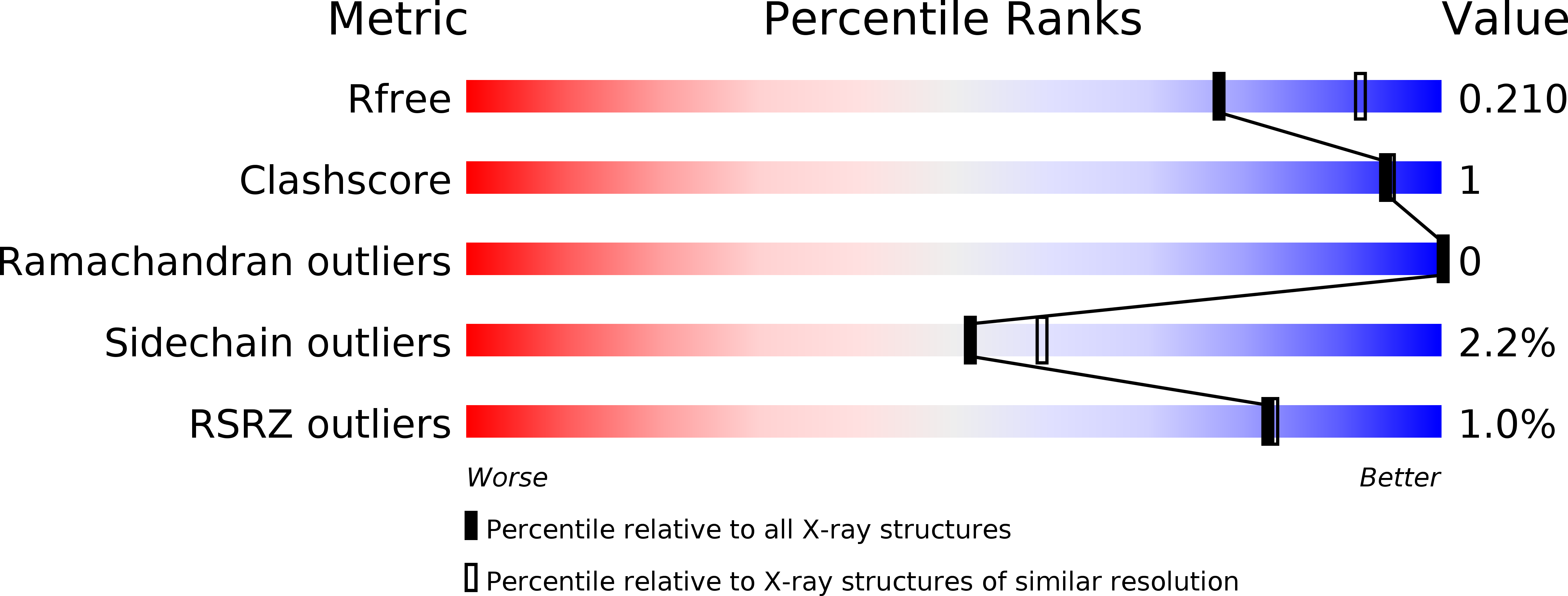
Deposition Date
2015-10-12
Release Date
2015-10-21
Last Version Date
2024-10-23
Entry Detail
Biological Source:
Source Organism(s):
Streptomyces platensis subsp. rosaceus (Taxon ID: 684832)
Expression System(s):
Method Details:
Experimental Method:
Resolution:
2.23 Å
R-Value Free:
0.20
R-Value Work:
0.17
R-Value Observed:
0.17
Space Group:
P 21 21 21


